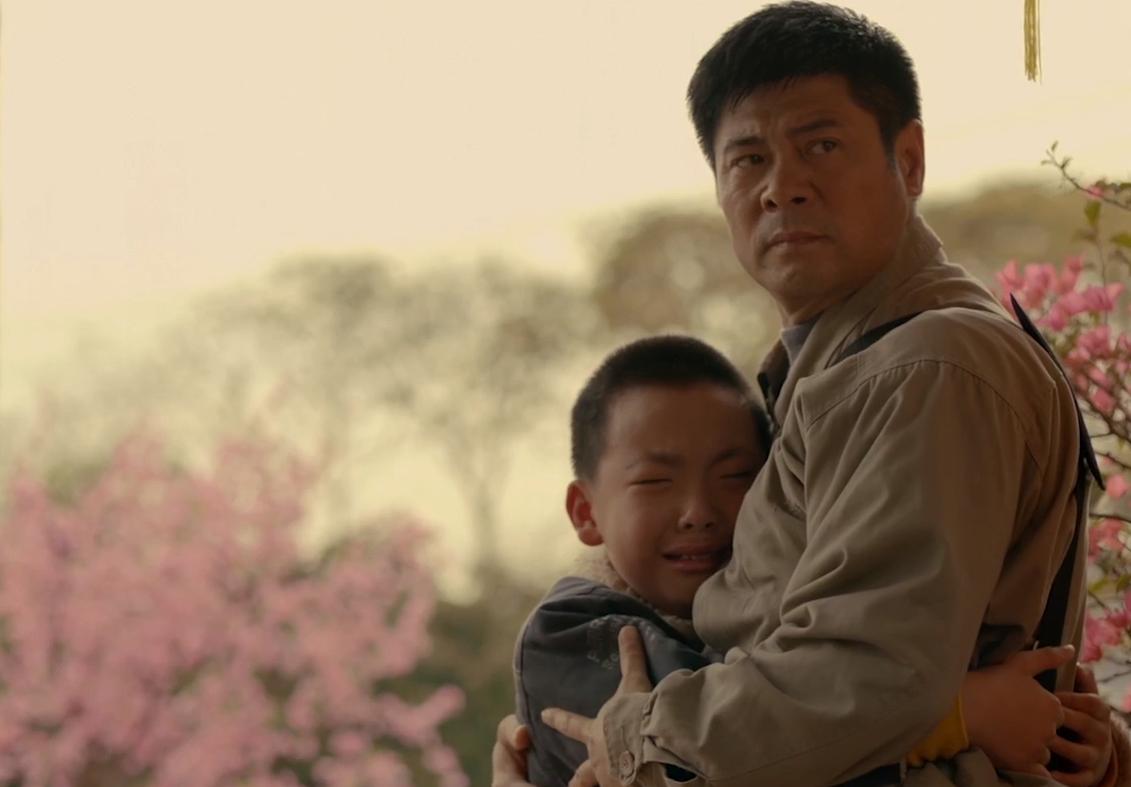No country has a larger economic divide between city and country than China. While people living in cities such as Beijing and Shanghai can command wages equalling that of any capital in the West, many people in the countryside still live below the poverty line. If the world’s most rapidly developing country ever wants to be the dominant global superpower, it will have to make sure that its ever-increasing wealth is shared among all 1.4 billion of its citizens.
This theme is explored in great detail in Everyday Hero, which works far better as a civics lecture than an uplifting drama, telling the so-called true story of how one man turned the fortunes of a devastated village around. While the sentiment behind the gentle movie is to be applauded, it doesn’t particularly make for riveting drama. It’s a noble bore.
As the title suggests, the protagonist, Guo Jian Nan (Sun Hong Tao), is an ordinary man. He works as an engineer for a large firm in Guangzhou, living alongside his wife and daughter. Yet, only a few hundred miles away, the village of Li Tan has been struck into poverty by a local monsoon. His company — the generically titled Heavy Metals Industry — quickly assigns him to the village, with the idea of building a massive factory in order to provide jobs. Once he arrives in Li Tan village, he is struck by the charm of the locals and heartbroken by their plight. Soon the idea of building a factory fades away as he looks for practical solutions to their problems.
The film focuses again and again on the need to alleviate rural poverty. But, when it comes to actually depicting the monsoon-ravaged village, director Zhuang Hua shies away from any images that would actually make the viewer feel sorry for these people. The most he can come up with is water leaking through a roof, or the occasional blackout, making the village seem a more fitting locale for a fish-out-of-water comedy than a heart-lifting biopic. This weak approach to creating the right setting filters through almost every level of the movie, including a plotline with little to no real problems for Nan to actually overcome.
It doesn’t make for good cinema, but it might come of use to geography teachers; showing smart and practical ways to lift people out of poverty. Nan is fond of practical and simple ideas. Instead of building an unneeded factory, he looks at what is already there — such as a local woman selling eggs from geese, and potentially profitable oysters from a nearby fishery — and sees how local produce can be boosted to increase the economic stature of the village. It’s not simply a case of throwing money at a problem, but working with the locals to make sure they can fix the problems themselves. But these concepts are far better suited to a Ted Talk than a feature film. And while there are obstacles involving accusations of bribery and a nearby bird flu outbreak, they peter out without forcing Nan to make any difficult decisions whatsoever.
His problem as a character, perhaps, is that he is too good. Too simple. No twist could unseat him from his dedication to do the right thing. While he does neglect his wife and child, it is out of dedication to the village, making him a fitting worker-symbol for the communist nation. While played with great tenderness by Sun Hong Tao, Nan, lacking in ambiguity, is a remarkably boring guy.
Ending with a postscript detailing China’s dedication to take rural people out of poverty by 2020, it becomes evident that this film was made with state funding, making it as much an pedagogical tool to be shown in schools as a work of art in its own right. You get the sense that it was not only film producers who read the screenplay and watched the dailies, making sure that this biopic of a loyal Communist Party member got all the details right.
For a far better evocation of a rapidly changing country, watch Ash is Purest White by Zhangke Jia instead. It played in Competition at Cannes while Everyday Hero was being shopped around the film market, and does a remarkably great job of capturing a nation in constant flux. As ambitious as it is ambiguous, it is no less empathetic in its portrayal of Chinese people. It is possible to do both.
Some of the coverage you find on Cultured Vultures contains affiliate links, which provide us with small commissions based on purchases made from visiting our site. We cover gaming news, movie reviews, wrestling and much more.



